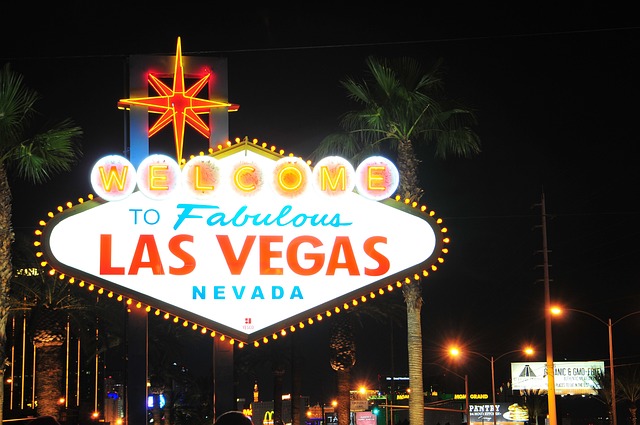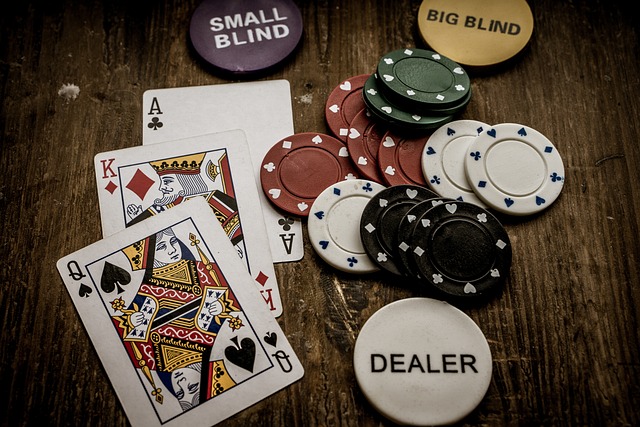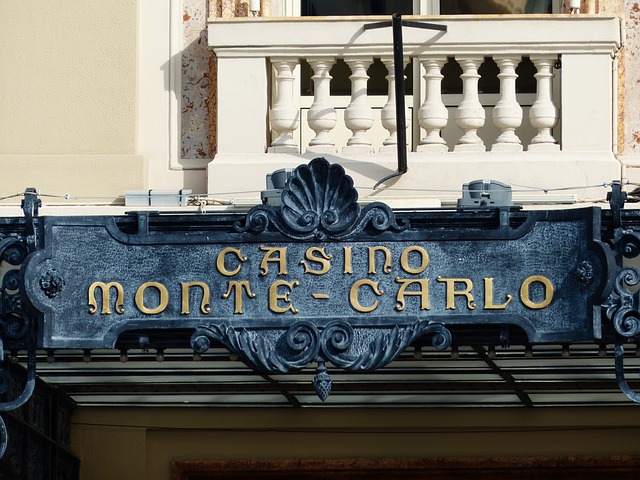From Ian Fleming’s suave James Bond in ‘Casino Royale’ to Scorsese’s masterpiece ‘Casino’, the glitz and drama of the Bizzo Casino world have been a constant magnet for writers and filmmakers alike. But what makes the casino theme so captivating that it continues to feature prominently in literature and cinema? Let’s delve into the seductive appeal of the casino world and its representation in popular culture.
1. A Microcosm of Human Nature
At its core, a casino is a stage where various facets of human nature are on display—hope, greed, despair, excitement, strategy, and chance. Both books and movies aim to explore and reflect human experiences, and casinos offer a concentrated setting where intense human dramas unfold. Characters are tested, and their true natures often revealed, against the backdrop of spinning roulette wheels and the turn of cards.
2. The Visual Spectacle
For filmmakers, the vibrant visuals of a casino are undeniably appealing. The bright lights, opulent interiors, glamorous outfits, and the sheer energy of the place make for a cinematic treat. It provides a setting where the external lavishness often contrasts sharply with the internal turmoil of characters, creating a rich tapestry of visuals and emotions.
3. The Thrill of Chance
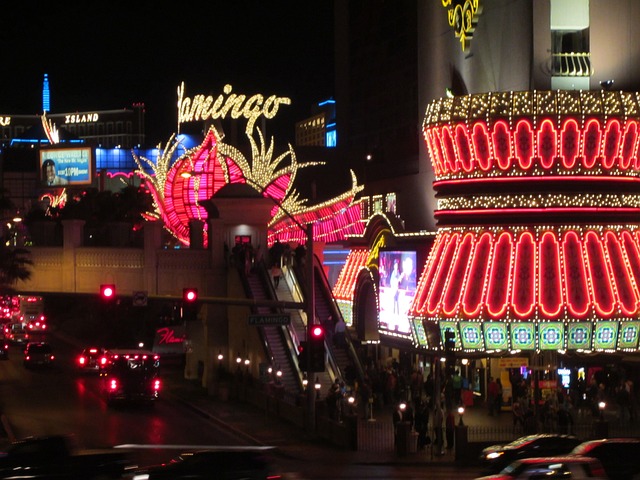
The unpredictability intrinsic to gambling resonates with the very essence of storytelling—uncertainty. Just as readers or viewers are uncertain about the plot’s outcome, so is the gambler unsure about his next roll of dice. This parallel between the narrative structure and the nature of gambling keeps audiences hooked.
4. Societal Reflection
Casinos often serve as mirrors reflecting broader societal themes. They can be emblematic of the excesses of capitalism, the disparities between the haves and the have-nots, or the moral dilemmas faced by individuals. By setting stories in or around casinos, writers and filmmakers can explore deeper societal issues while keeping the narrative engaging.
5. Character Development
Casinos are excellent settings for showcasing character evolution. A person’s actions at a gambling table can reveal a lot about their personality, morals, and vulnerabilities. Whether it’s the cool, calculated demeanor of a seasoned gambler or the gradual descent of someone succumbing to addiction, casinos facilitate intense character studies.
6. The Promise of Transformation
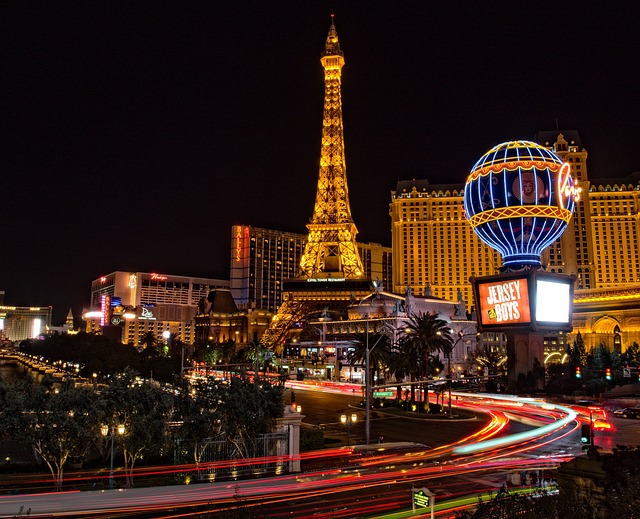
Casinos operate on the principle of chance, and with it, the idea that one’s life can change dramatically, for better or worse, in an instant. This allure of sudden transformation—whether it’s rags to riches or vice versa—resonates deeply with audiences. Everyone loves a Cinderella story, just as much as they are fascinated by tales of sudden downfall.
7. The Element of Strategy
While chance plays a significant role, casinos are also about strategy, skill, and the eternal tussle between man and fate. This interplay, especially in games like poker or blackjack, allows for gripping narratives where characters not only battle their luck but also their wits.
8. A Touch of the Exotic
For many, casinos carry an exotic allure. They are places of opulence, mystery, and risk, often set in glamorous locations like Monte Carlo or Las Vegas. This touch of the exotic adds an additional layer of allure to stories, transporting readers and viewers to a world markedly different from their everyday life.
Casinos, with their blend of drama, chance, and emotion, are natural focal points for compelling narratives. They encapsulate the highs and lows of the human experience, making them a favorite among storytellers across mediums. In a world of uncertainties, where everyone is, in some way, gambling with their choices and chances, casinos serve as poignant metaphors and mesmerizing backdrops. So, the next time you come across a casino scene in a book or movie, know that you’re witnessing a space that’s as much about life’s stakes as it is about the gaming table’s.

